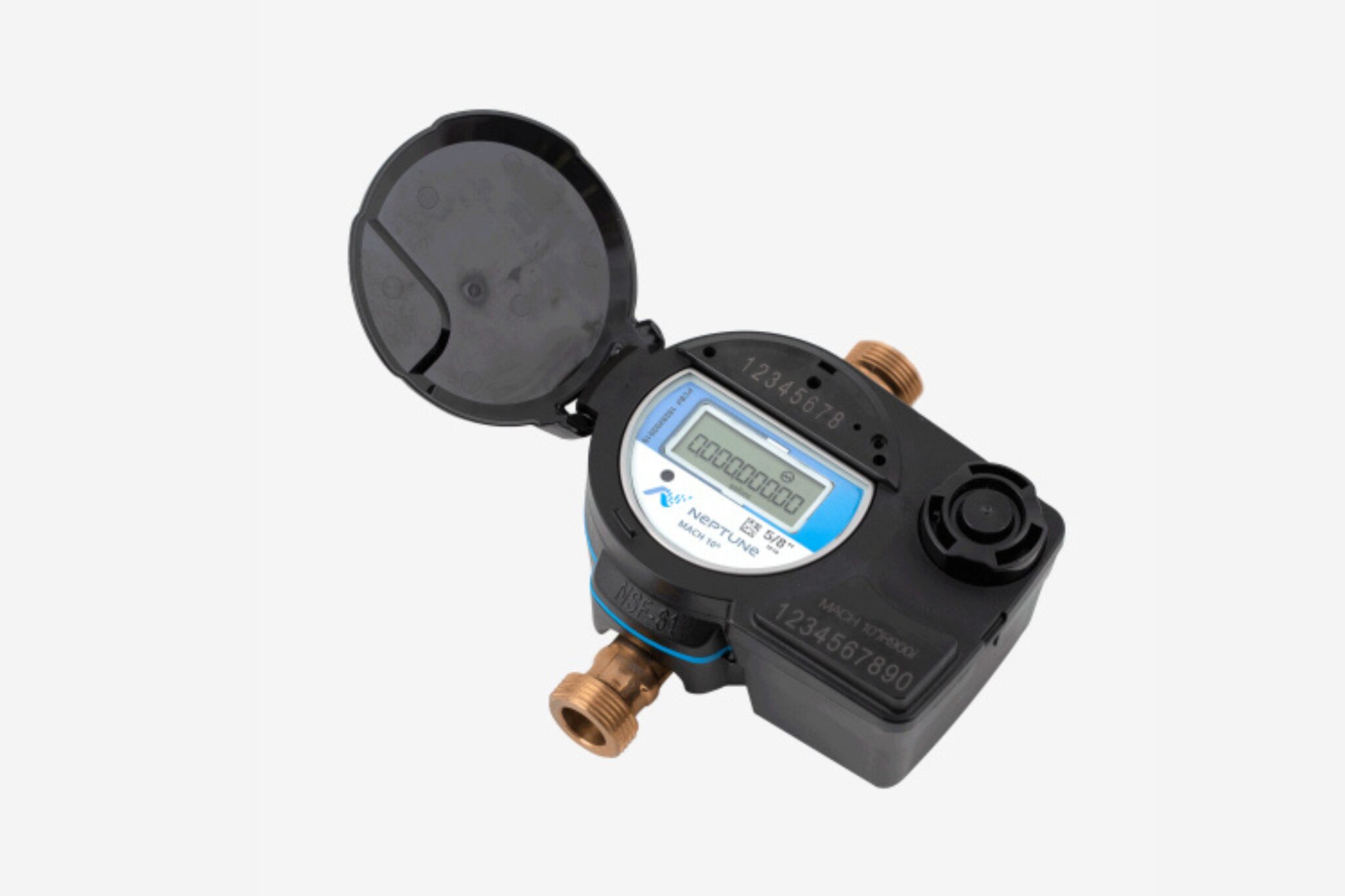
Winnetka still goes door to door to read utility meters. Is that about to change?
The days are gone when meter readers went door to door to record resident water usage — except in Winnetka.
Officials say Winnetka is the only town within 10 miles that still does manual water-meter readings, and the village is exploring how to modernize its utility data collection.
After punting the topic from its 2023 budget, the Winnetka Village Council heard an update on advanced metering infrastructure during a study session on Tuesday, May 9.
The Village in June 2022 contracted Power System Engineering to help with a cost estimate and logistics should Winnetka begin a new meter-reading program.
Winnetka’s Assistant Director of Water & Electric Nicholas Nahri led trustees through what a roll out might look like at a projected cost of $4.7 million over 10 years. The majority of the total, $4.2 million, would be spent in the first three years, including $3.33 million in capital expenditures.
Currently, the Village of Winnetka uses door-to-door electric and water meter reading for more than 5,000 residences. Advanced metering infrastructure automates meter reading, allowing more precise and thorough data to be harvested off-site.
According to Winnetka staff the technology offers a number of benefits to both residents and the Village. Utility consumers can get better data to inform their usage, quicker notifications of anomalies such as leaks and the ability to disconnect and reconnect, while the Village can reduce staffing costs (about $115,000/year), have improved access to and control of utility data, and collect more water revenue thanks to meter accuracy (about $55,000/year).
Nahri explained that the efficiencies could save the Village $2.73 million over 10 years, which would make for a projected net investment of $1.97 over 10 years.
Funding for the project, Nahri said, would come over three years from three sources: general reserves ($1.27 million), the water fund ($1.89 million) and the electric fund ($1.05 million). To aid the funding, staff projected a water rate increase of 1.5 percent in 2024 and electric-rate increases of 1 percent in back to back years.
Council members — outside of Village President Chris Rintz, who was absent — asked a few questions before agreeing to pick up the conversation when 2024 budget talks begin.
If the Village Council agrees to move the project forward, Nahri said staff would develop and issue a request for proposals in the first half of 2024. If the council considers and approves the new system next summer, staff would begin deployment of the new technology and systems prior to 2025, projecting completion by late 2026.
The Record is a nonprofit, nonpartisan community newsroom that relies on reader support to fuel its independent local journalism.
Subscribe to The Record to fund responsible news coverage for your community.
Already a subscriber? You can make a tax-deductible donation at any time.

Joe Coughlin
Joe Coughlin is a co-founder and the editor in chief of The Record. He leads investigative reporting and reports on anything else needed. Joe has been recognized for his investigative reporting and sports reporting, feature writing and photojournalism. Follow Joe on Twitter @joec2319


